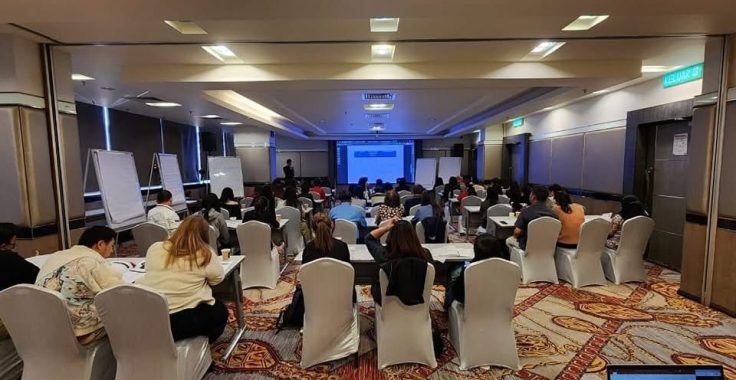
A fundamental tax training programme that aims to help participants to learn and understand basic-intermediate tax treatments of various income subjected to withholding taxes, the deductions of taxes from those incomes and the consequences of not remitting those taxes withheld to the Inland Revenue Board (IRB) Malaysia.
In addition, participants will also be exposed to the scope of charge and derivation of Malaysian Income, situations where that person may be liable to the provisions of the Income Tax Act 1967 (ITA 1967), as well as the resident status and tax reliefs such as bilateral and unilateral tax credits.
Brochure
— Course Fee: RM 790.00 (Inclusive of 8% Service Tax) —
Module 1: Scope of Charge & Derivation of Malaysian Income
- Introduction
[A brief introduction to the scope of charge & Malaysian derived income] - Scope of Charge [Learn the circumstances where income will be subjected to tax in Malaysia]
- Residence Status of Individuals
[Learn the criteria that determines an individual’s liability to Malaysian Income Tax, as well as the distinctions of the tax treatments]
- Residence Status of Companies & Bodies of Person [Understand the situation where a foreign entity may be a tax resident in Malaysia and subjected to Malaysian Income Tax]
Module 2: Withholding taxes (Part 1)
- Contract Payments- S107A
[Identify the differences between the withholding taxes paid for the employer’s vs employees’ portion, the tax treatments & how to remit those taxes accurately & timely to the IRB] - Interests- S109
[Comprehend the types of interest income that are subjected to withholding taxes, the tax exemptions and how to withhold & remit those taxes accurately & timely to the IRB] - Royalties- S109 [Understand the types of income that are defined as royalty, the expanded scope of royalty and how to withhold & remit those taxes accurately & timely to the IRB]
- Other Information [Discuss other examples and scenarios pertaining to withholding taxes under S107A- S109]
Module 3: Withholding Taxes (Part 2)
- Public Entertainer- S109A
[Discover the type of people classified as public entertainers and how to withhold & remit the withholding taxes for them accurately & timely to the IRB] - Special Classes of Income- S109B
[Identify the types of special classes of income classified under Para 4(i), 4(ii) & 4(iii) of th ITA and how to withhold & remit those taxes accurately & timely to the IRB] - Other Income- S109F [Grasp the types of income that are classified under S4(f), the criteria involved and how to withhold & remit those taxes accurately & timely to the IRB]
- Other Information
[Discuss other information and examples pertaining to withholding taxes under S109A- S109F]
Module 4 : Double Tax Agreement & Tax Relief
- Introduction to DTA
- [Discuss the important matters pertaining to Double Tax Agreements, Permanent Establishments, the rates and etc]
- Bilateral & Unilateral Credit
[Understand the situations where a company may obtain a bilateral or unilateral credit for double taxation purposes] - Tax Treatments of Foreign Nationals
[Identify the treatments for foreign nationals working in Malaysia and the tax relief treaties available to them] - Other Information[Discuss other information and examples pertaining to Double Tax Agreements, the rates and etc]
- Open discussions, Q&A